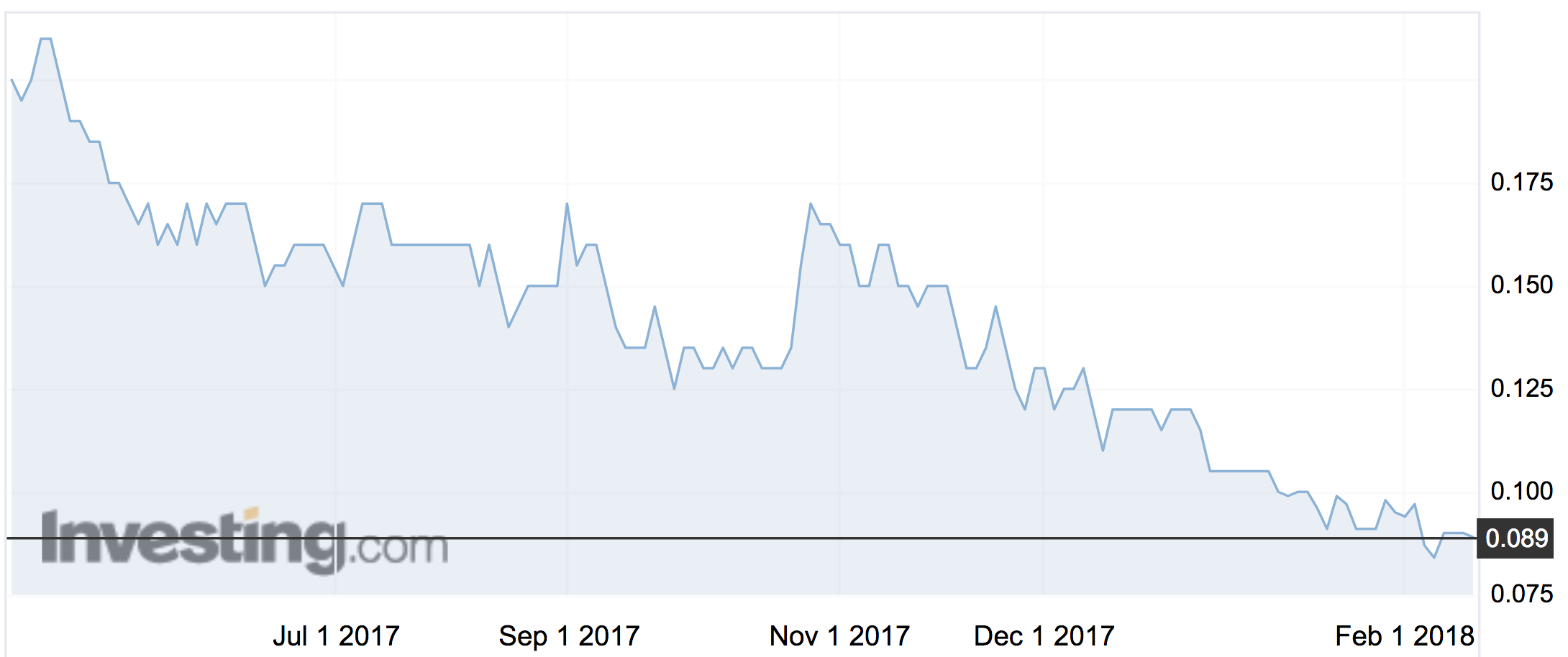Mobilicom continues to ‘drive success’ but revenue falls 32pc
Tech
Wireless comms seller Mobilicom says it “continued to drive success” in 2017, though full-year accounts show revenue fell by 32 per cent.
Mobilicom (ASX:MOB) is an Israeli technology firm that sells secure communication systems targeting sectors including drones and robotics.
It listed on the ASX in May after raising $7.5 million at 20c a share. The shares have declined steadily since late last year, closing Friday at 8.9c.
“Sales were reduced due to long sales cycle and timing in the awarding of government contracts,” the company (ASX:MOB) said in its report for the year to December.
“As a small management team the IPO process also affected the sales results.”
Revenue fell from $2.2 million to $1.5 million in the 12 months.
“Sales for 2016 were high thanks to projects (including modification NRE revenues) that were initiated in 2015 and were recognised in 2016 as revenue was generated,” the company said.
“Mobilicom has continued to drive successful sales in 2017 with its core business to existing and new customers, although reduced due to timing in the awarding of government contracts.

Mobilicom says more revenue will come out of its commercial drone and unmanned vehicle and autonomous platform divisions.
The company had $8.1 million in the kitty at the end of the year.
Mobilicom warned investors that the cash burn rate — $3.9 million in 2017 — would increase “to support faster growth in its activities and business results”. The half year loss blew out from $443,355 to $6.1 million.
This is thanks in part to the IPO which cost the company $1.1 million, as well as a ramp-up in marketing and R&D of $1.1 million and $2.1 million respectively.
There were also $1.1 million and $1.7 million respectively for “general and admin expenses” and share based payments.
The two Israeli directors, chairman and managing director Oren Elkayam and Yossi Segal, increased their pay by $130,000 to $293,630 each, and each received a $500,000 bonus after the IPO.
Included in general admin was $201,000 in “professional fees” down slightly on what was paid in 2016. A separate $115,000 was paid towards professional fees in the IPO.